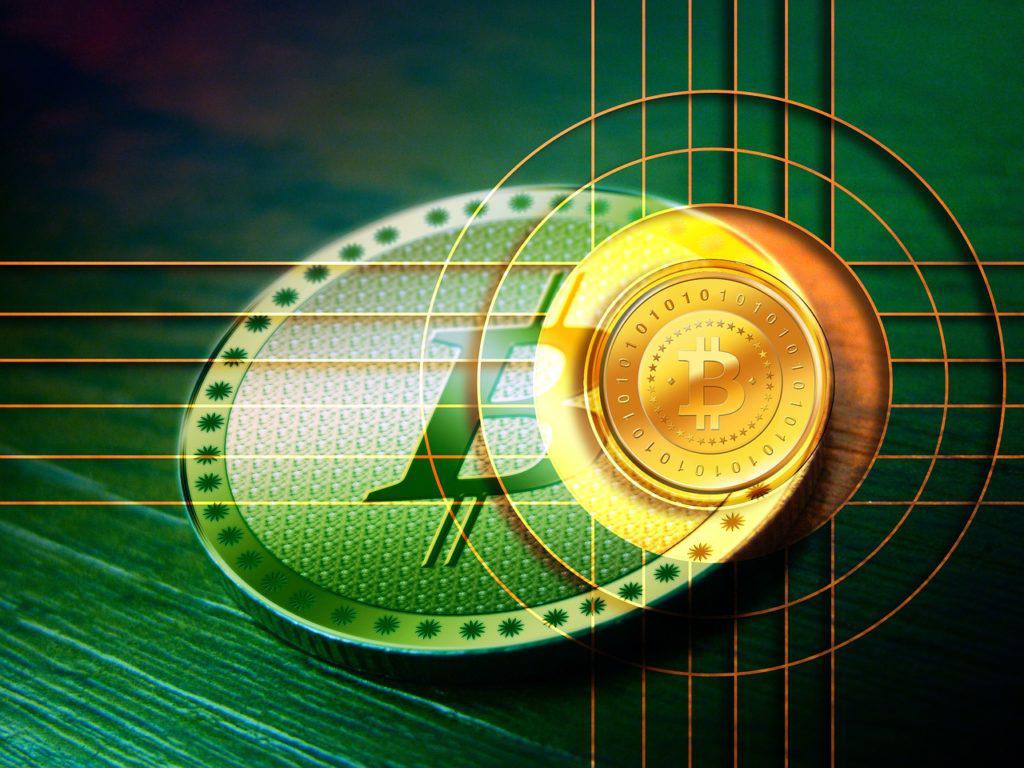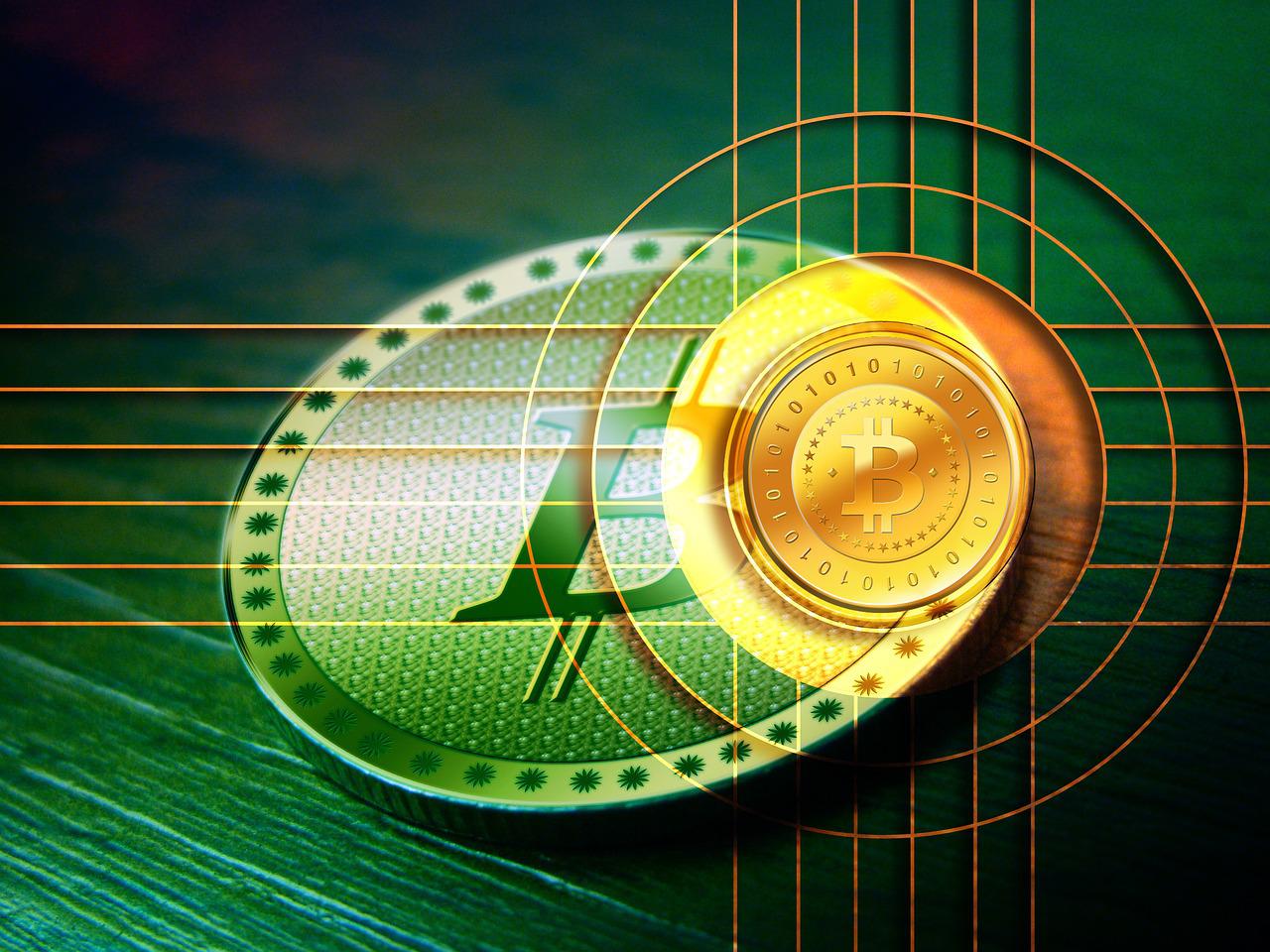Paxful Targeting Venezuela’s Unbanked

P2P Bitcoin exchange Paxful announced to the media that it looking to open an office in Venezuela. The company said that it would be launching their office in the hyperinflation ridden country in September, after which it will release its app in October.
Why Venezuela
Youssef says that there are two main reasons why their exchange has chosen to target developing countries’ markets like Venezuela’s rather than mainstream ones.
Firstly, from an economics perspective, developing markets have a huge number of cheap mobile users who have not yet been exposed to cryptocurrencies. From a social responsibility perspective, most of these people are unbanked, underbanked or are in a desperate situation (such as the people of Venezuela, where market inflation is so bad that they cannot even afford to buy food). Bitcoin – and Paxful – can add the most value for people in these situations, according Youssef.
Youssef feels that cryptos, especially Bitcoin, would be a more stable store of value as well as a more convenient medium of exchange than the Venezuelan bolivar at this moment. He said that the current situation is so bad that just to buy groceries in Venezuela, the people have to go through a painful and lengthy process of exchange. This is because there is a huge scarcity of cash; if a person is able to pay for his/her groceries in cash, then he/she gets a 50% discount.
The exchange’s app launching in October will also have a calculator for volatile currencies such as the bolivar, thus helping customers interact with merchants in the local currency, but by using only cryptocurrencies in the background.
Challenges that Developing Nations Face
Paxful already has a presence in Africa, which is one of its biggest markets and also one with the highest number of unbanked in the world.
According to Paxful, it is the people who would really benefit from using cryptocurrency exchanges who are faced with roadblocks from using them. Most of these people are too poor to afford traditional bank transfers. Additionally, most of that demographic does not even have valid Government-issued IDs, which is a basic requirement, even with crypto exchanges, to comply with anti-money laundering laws.

